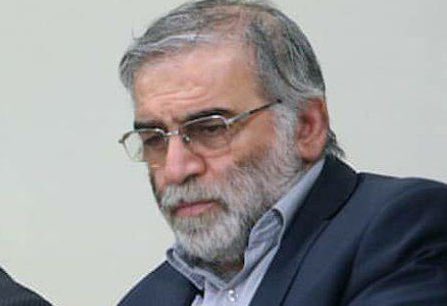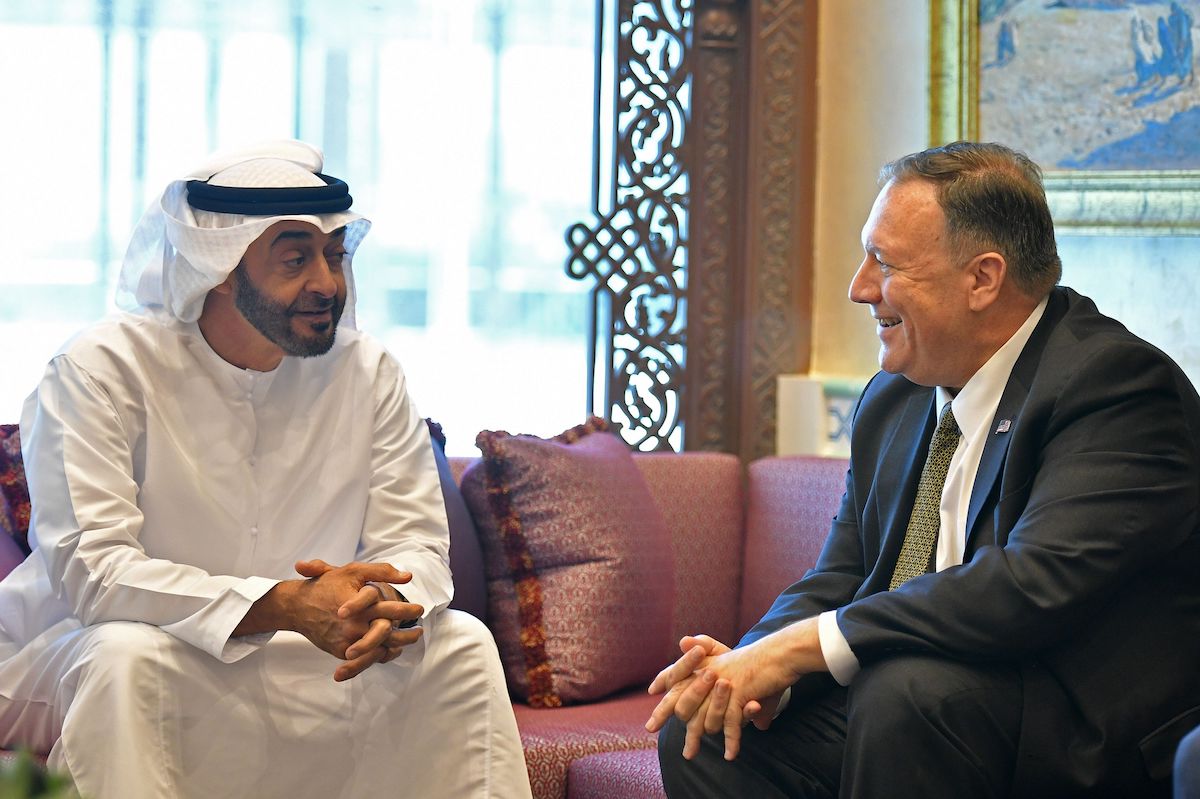
So diplomacy on how to revive the #IranDeal seems to have hit a roadblock even before it began. Iran & the US are publically dueling about who has to take the first step.
But we have been here before though, so there are good reasons to remain calm.
Here’s why >>
But we have been here before though, so there are good reasons to remain calm.
Here’s why >>
Both the US and Iran have accepted a compliance-for-compliance mechanism. Both sides simply go back into the deal with no preconditions. Then, whatever needs to be renegotiated, will be addressed when both are in compliance.
But that doesn't resolve who should go first. >>
But that doesn't resolve who should go first. >>
Without providing any particular argument, Biden and Secr of State Blinken have stated that the US will go into full compliance once the Iranians have done the same. That is, Iran has to take the first step. >>
The Iranians argue that it was the US that breached and left the deal (Iran has remained inside the deal all this time) and as a result, logic dictates that the US that must take the first step.
A week into Biden’s presidency and they are already stuck. Or are they?
>>
A week into Biden’s presidency and they are already stuck. Or are they?
>>
This is could likely be posturing rather than substance. The Biden team is not yet fully staffed, it may not even be in a position to take the first step. But presenting the “delay” as a tough negotiation position may make Biden look good to domestic audiences. >>
Indeed, neither side wants to look too eager to go back into the deal - even though both recognize how much they need the JCPOA. Thus, as part of the public negotiation, posturing and playing hard to get may be useful. >>
The firm responses from Tehran may make Iran look overeager, but it also signals domestic audiences that they aren’t naive negotiators. Due to Trump’s betrayal of the deal, coming across as soft or trustful of the US will not help the Iranian negotiators. >>
If, however, this is more than posturing, optimism is still warranted. There was a lot of “Who goes first” in the JCPOA as well.
I have described them in detail in Losing an Enemy:
amazon.com/Losing-Enemy-O…
I have described them in detail in Losing an Enemy:
amazon.com/Losing-Enemy-O…
Every time, the challenge was resolved because of two factors: The political will existed and there was sufficient time available to work out creative solutions.
This time around, the political will exists as well. But time, may not.>>
This time around, the political will exists as well. But time, may not.>>
Both the US & Iran have the political will because rejoining the deal so squarely is in their respective national interests.
For the US, it not only blocks Iran’s pathways to a bomb, it’s also a necessary step to significantly limit America’s military footprint in the MidEast >>
For the US, it not only blocks Iran’s pathways to a bomb, it’s also a necessary step to significantly limit America’s military footprint in the MidEast >>
Moreover, diplomacy on regional issues - from Syria to Yemen - can not begin in earnest until the JCPOA is restored and this major point of tension between the US and Iran is neutralized.
>>
>>
For Iran, the JCPOA doesn’t just lift sanctions on Iran, it was its pathway for political and economic rehabilitation regionally and globally. An end to 40 years of US efforts to contain and exclude Iran.>>
So political will is not a problem. Time, however, might be. Rouhani’s political opponents in the Parliament have passed a bill that mandates Iran to begin 20% enrichment if the US hasn’t lifted sanctions on Iran by end of February. >>
Moreover, the Iranian Presidential elections take place in mid-June this year. This means that Iran enters its political season sometime in March, after which it likely won’t be able to engage in serious negotiations. >>
So while the political will exist, the time to find creative solutions is short.
Ultimately, however, I am optimistic. Too much is simply at stake for either side to risk losing arguably the last opportunity to revive an agreement that so squarely advances their interests. //
Ultimately, however, I am optimistic. Too much is simply at stake for either side to risk losing arguably the last opportunity to revive an agreement that so squarely advances their interests. //
• • •
Missing some Tweet in this thread? You can try to
force a refresh




